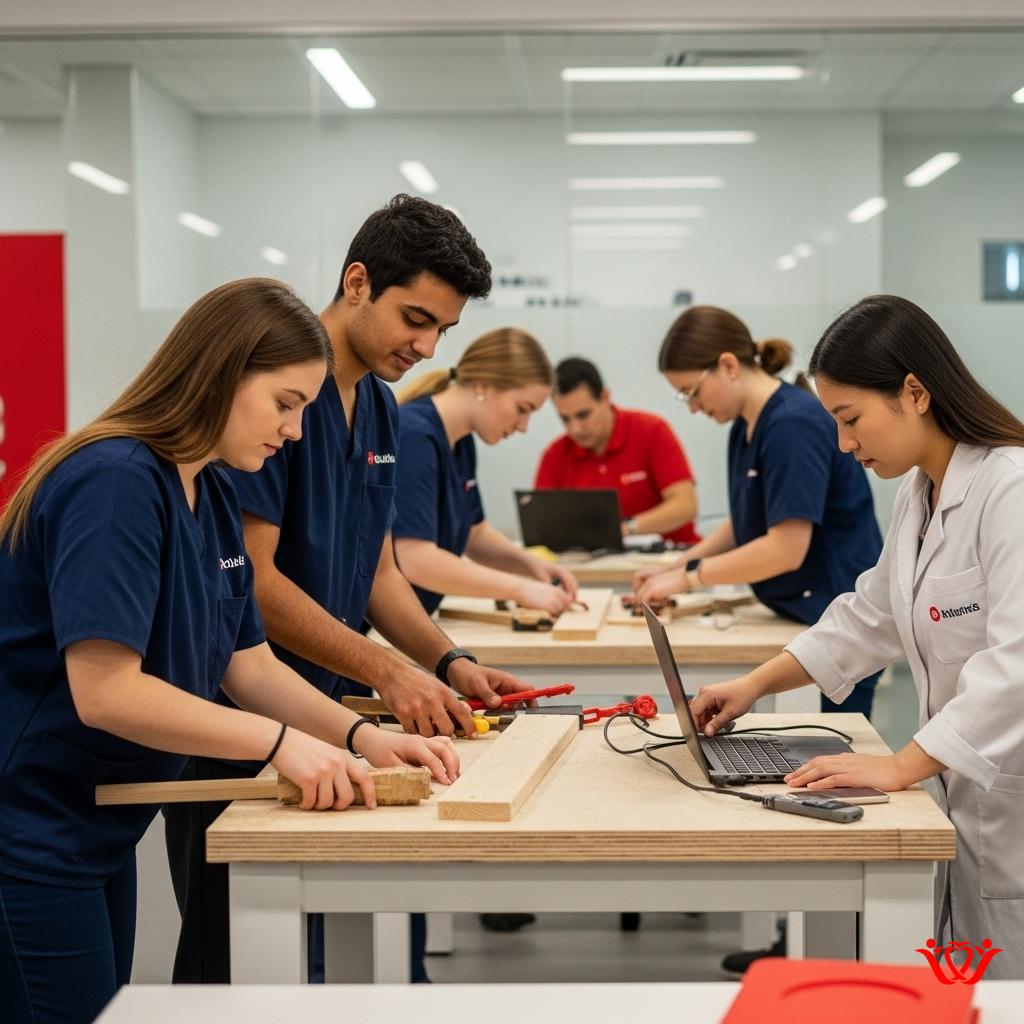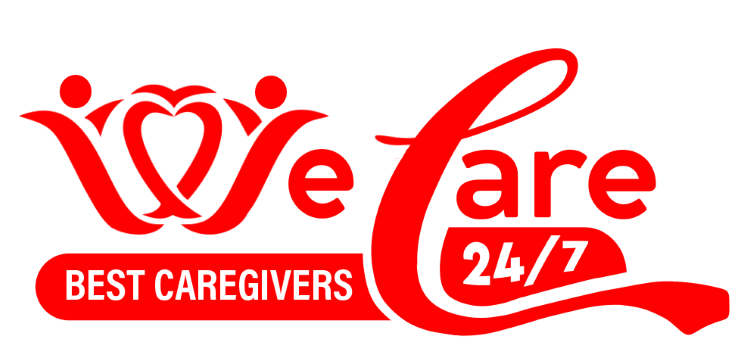Vocational Training: Preparing Young Adults for Jobs

Empowering New Jersey’s Next Generation Through Vocational Pathways
Vocational training, sometimes known as career and technical education (CTE), provides young adults with practical, job-specific skills designed to meet the demands of today’s evolving workforce. Unlike traditional four-year degrees, vocational programs often offer accelerated pathways to employment, equipping individuals with competencies directly applicable to specific industries. For New Jersey families, including those navigating senior care or supporting individuals with disabilities, a robust and skilled workforce impacts community well-being and access to essential services.
As a New Jersey home care agency, we recognize the profound connection between a strong local economy, available skilled labor, and the quality of life for our seniors and individuals needing support. When young adults are well-prepared for meaningful employment, it contributes to the financial stability of families and strengthens the community infrastructure that supports everyone.
The Tangible Advantages of Vocational Training
Vocational training offers distinct benefits that make it an attractive and effective educational route for many young people. These advantages extend beyond the individual, positively influencing families and the broader New Jersey community.
Rapid Skill Acquisition and Job Readiness
One of the primary benefits of vocational training is its focus on hands-on learning and practical application. Programs are meticulously designed to teach the precise skills needed for specific occupations, allowing students to gain competence quickly. This efficiency means young adults can enter the job market sooner, contributing to their families’ economic stability.
For adult children researching options for aging parents, understanding pathways to economic independence for younger family members can reduce overall household stress. A family member who is employed and self-sufficient can dedicate more focus and resources to caregiving responsibilities.
Addressing In-Demand Workforce Needs in New Jersey
New Jersey’s economy has a continuous need for skilled professionals in various sectors. Vocational programs are often developed in direct response to these labor market demands, ensuring graduates possess skills that are highly valued by employers. This alignment benefits both job seekers and the state’s industries.
Consider the healthcare sector, for example. New Jersey consistently requires more Certified Home Health Aides (CHHAs) and Certified Nursing Assistants (CNAs). Vocational programs often train individuals for these critical roles, directly impacting the availability and quality of in-home care services for seniors and individuals with disabilities across the state.
Empowering Independence for Individuals with Disabilities
For caregivers of individuals with disabilities, vocational training represents a powerful tool for empowerment and independence. Many vocational programs are adaptable and can provide specialized support to help young adults with disabilities acquire marketable skills tailored to their strengths. This can lead to fulfilling employment, increased self-reliance, and reduced long-term dependency.
Supporting pathways to employment for young adults with disabilities aligns with the goal of promoting dignity and integration into the community. It offers them opportunities for personal growth and economic contribution, which is a significant concern for their caregivers.
Cost-Effectiveness and Accessibility
Vocational training programs are generally more affordable and shorter in duration compared to traditional four-year college degrees. This makes them accessible to a wider range of young adults, reducing the burden of student debt. Many programs also offer flexible schedules or evening classes, accommodating those who may need to work while studying.
This accessibility helps ensure that economic background does not become a barrier to acquiring valuable job skills, promoting broader participation in the workforce throughout New Jersey.
Vocational Training Opportunities Across New Jersey
New Jersey boasts a robust network of institutions offering high-quality vocational training programs. These range from dedicated county vocational-technical schools to community colleges and specialized training centers.
- County Vocational-Technical Schools: Every county in New Jersey has at least one vocational-technical school, such as the Bergen County Technical Schools or the Middlesex County Vocational and Technical Schools. These institutions provide hands-on training in diverse fields from culinary arts and automotive technology to health sciences and computer networking.
- Community Colleges: New Jersey’s community colleges, like Rowan College at Burlington County or Essex County College, offer numerous associate degree and certificate programs that are vocationally focused. Many of these programs are designed for direct entry into the workforce or for seamless transfer to four-year institutions.
- Private Career Schools: Various private institutions throughout the state specialize in specific trades, such as HVAC, welding, or beauty professions, often providing accelerated certification programs.
These institutions play a vital role in preparing young adults for high-demand careers, contributing significantly to New Jersey’s economic vitality and the well-being of its residents.
Connecting Vocational Training to Community Well-being
The impact of vocational training extends directly to the quality of life for New Jersey’s seniors and individuals with disabilities. A skilled workforce means more qualified caregivers are available, and a stronger state economy provides better resources for social services and healthcare initiatives.
For adult children planning for their parents’ future, understanding the importance of vocational training highlights the broader community efforts to build a resilient and supportive environment. It underscores the value of investing in practical skills that contribute to a healthy economy, which ultimately benefits all residents by enhancing access to quality care and support services.
Supporting vocational training means investing in the future stability and prosperity of New Jersey. It empowers young adults, strengthens families, and builds a more capable workforce ready to meet the evolving needs of our communities, including those requiring compassionate home care.



